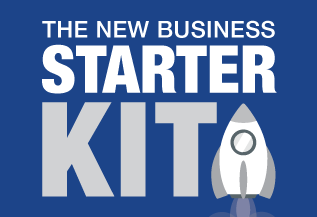The Foundation Stones Of A New Business (Part 7) – A Marketing Plan
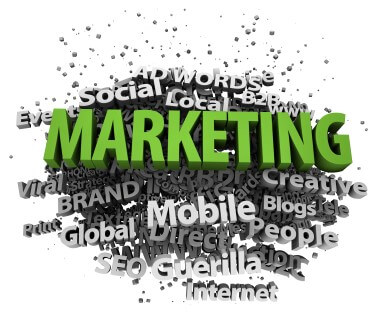
It’s exciting when you have that light bulb moment, that flash of brilliance and idea for your new business. It’s hard not to get carried away with the excitement but turning your idea into a business necessitates research, risk, passion and planning.
There are very few shortcuts to success in business and there are numerous issues you need to address before you can open your doors. Having mentored hundreds of business owners through the start-up phase we often say starting a business is like building a house. You need to have a plan and build on solid foundations. In a business sense this means having things like the right business structure, branding, accounting software and insurances. You also need to have a marketing plan.
Start-up entrepreneurs normally invest a huge amount of time and money in their new venture. There’s research and development, professional advice, a shop or office fit-out plus equipment and stock. It’s often a massive financial and emotional investment that could amount to nothing if you don’t get your marketing right.
When you finally open the doors of your business, don’t expect a queue of customers unless you have the right marketing tactics in place. If you think the moment your website goes live you’ll be inundated with orders, think again. With websites, it’s not a case of ‘build it and they will come’ because Google can take 3 or more months to index your content. This means you could be invisible on internet for months after launching your business.
A lot of business owners (and not just start-up owners) rely on ‘hope and pray marketing’ but if you want an extremely successful business
you MUST have a predictable system for attracting your ideal type of customer. That requires you to map out your marketing plan. Let’s be
honest, any kind of marketing that doesn’t generate revenue is a waste of money and effort.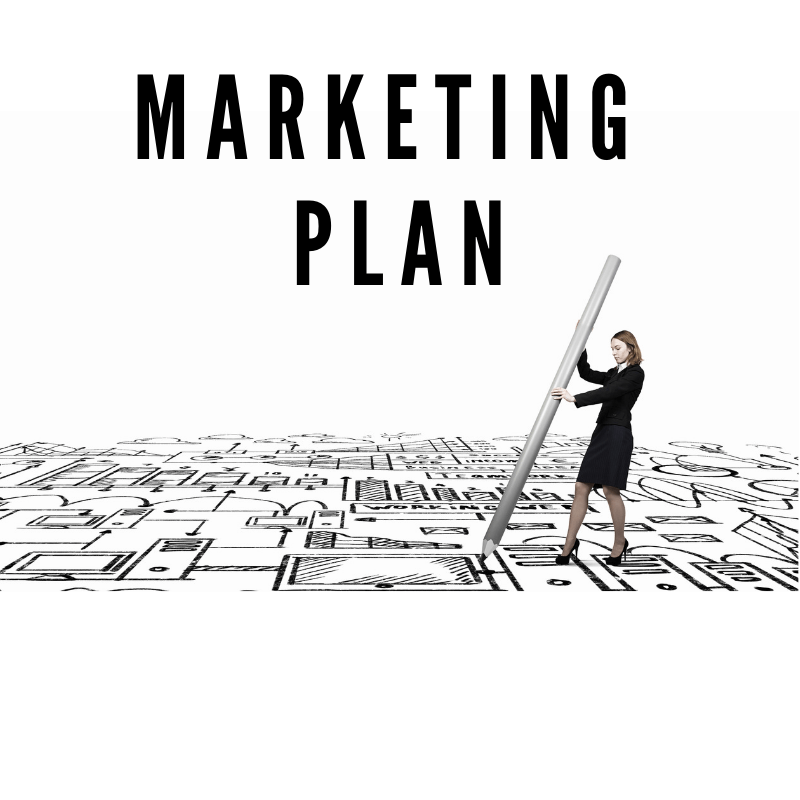
YOUR MARKETING PLAN
Your marketing plan is a key document that should outline all the marketing strategies and tactics you plan to implement over a set period of time (usually the next 12 months). It includes your marketing objectives, the action steps you plan to take and the associated costs of implementation. Like your business plan, it’s not a static document because you need to update it as your business grows, as consumer behaviour changes and as new marketing trends emerge.
Many start-up business owners include an abbreviated marketing plan inside their overall business plan, however, because marketing is so important we recommend you have a comprehensive, standalone marketing plan. Make no mistake, your marketing is as important as the product you are selling or the service you provide. Without a marketing plan nobody knows your business exists.
In the digital and social age, your marketing could be the difference between boom, doom and gloom.
Your marketing plan should define your target market and your ideal customer. Where do they hangout? Will online tactics like social media, SEO and search, PPC, guest blogging, video and webinars be more effective than offline tactics such as print advertising, TV, direct mail, trade shows, conferences, networking and cold calling? With so many marketing options available your plan should outline your marketing mix together with a budget that details how much you will spend on each tactic.
THE MARKETING ESSENTIALS
Your marketing machine contains a number of moving parts and we have identified the following essential engine components for a start-up business:
BRANDING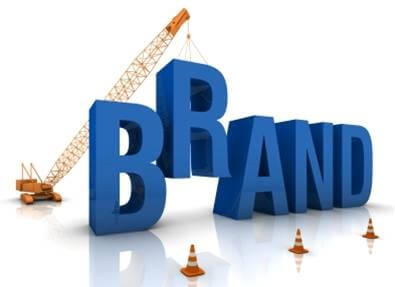
Your business branding is a lot more than just a logo or trademark. Your packaging, typography, personality, customer service, pricing and product quality all form part of your brand. Your reputation is part of your brand and the objective is to make your business stand out from the crowd.
While there’s a lot more to your brand than just a business name, logo and slogan - they are the cornerstone of your brand. Let’s explore these parts of your brand:
Your BUSINESS NAME or trading name has both marketing and web implications. It should be memorable, and it needs to work on the internet for search engine optimisation (SEO) purposes.
The first thing a customer notices is your business name and before you select a business name, make sure it’s a good fit for your start-up as well as a good fit for the future. Will it still work if your business grows? The right business name is important because:
- Your stationery, business cards and marketing all carry the name
- Legal Agreements and Contracts are in the business name
- You will probably use your business name as your domain name (website)
Before you register your business name, make sure the website domain name is available and register it. The business name will also form part of any trademark design that could be important if you ever want to franchise the business.
Your LOGO appears everywhere and it’s the visual face of your business. It allows customers to connect with your brand and it should be memorable and unique. It is part of your identity and business DNA. Your choice of colours in your brand says something about your business. For example, blue means trustworthy and dependable (ideal for banks and accountants) while green represents growth, peace and health (suitable for financial planners and medical businesses). A good logo can make a huge impact while a plain or amateurish logo can reflect poorly on the business.
Your SLOGAN or tag line is a key phrase or set of words that communicates the essence of your brand. It should strike a chord with your potential customers and communicate who you are, what type of product or service you sell or what benefit you offer the customers. Slogans are short and catchy phrases designed to stick in the minds of your customers and they can bring a brand to life. Often the logo ‘talks’ to the slogan and when creating your slogan or tag line we suggest:
- Limit the slogan to 4 or 5 words
- Make it catchy and memorable
- Tell your customers what you stand for or deliver
Of course, there’s another crucial component to your marketing that we will address in the final article in this series … your website.
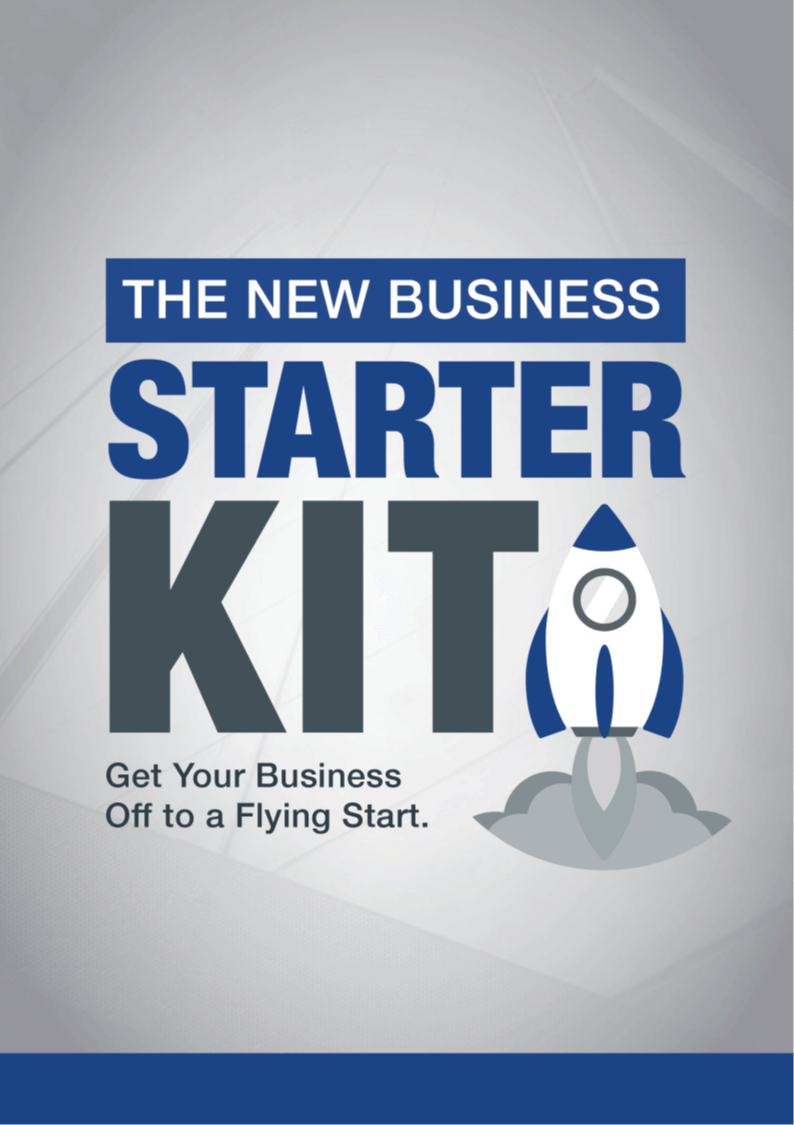
We understand the business evaluation and establishment phases can be periods of great anxiety due to a combination of excitement, uncertainty and financial risk. Over the years we have put together a range of tools, templates and checklists to help you get your business off to a flying start. If you're contemplating starting a business talk to us today about our New Business Starter Kit that contains templates for a business plan, cash flow budget, profit and loss forecast together with our unique 82 step start-up checklist.
DISCLAIMER
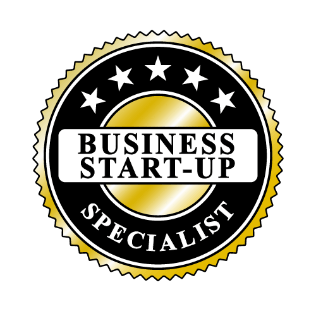
This is general information only. It simply provides an overview of alternative business structures available at the date of publication. It does not serve as advice and no action should be taken on the information provided herein without consulting the relevant legislation or seeking professional advice from your accountant, solicitor or professional advisor. No responsibility for loss occasioned by any person acting on the material contained in this document can be accepted by the accounting firm.











